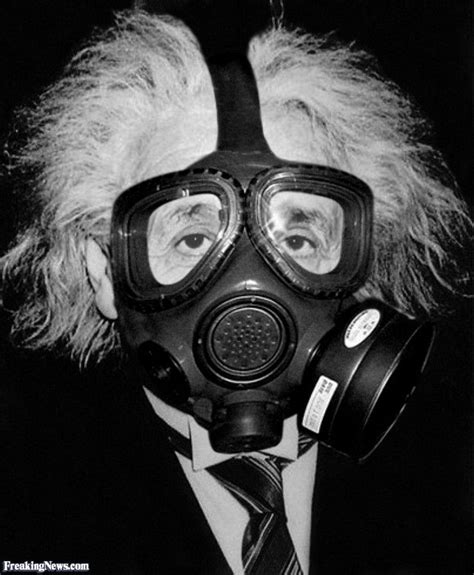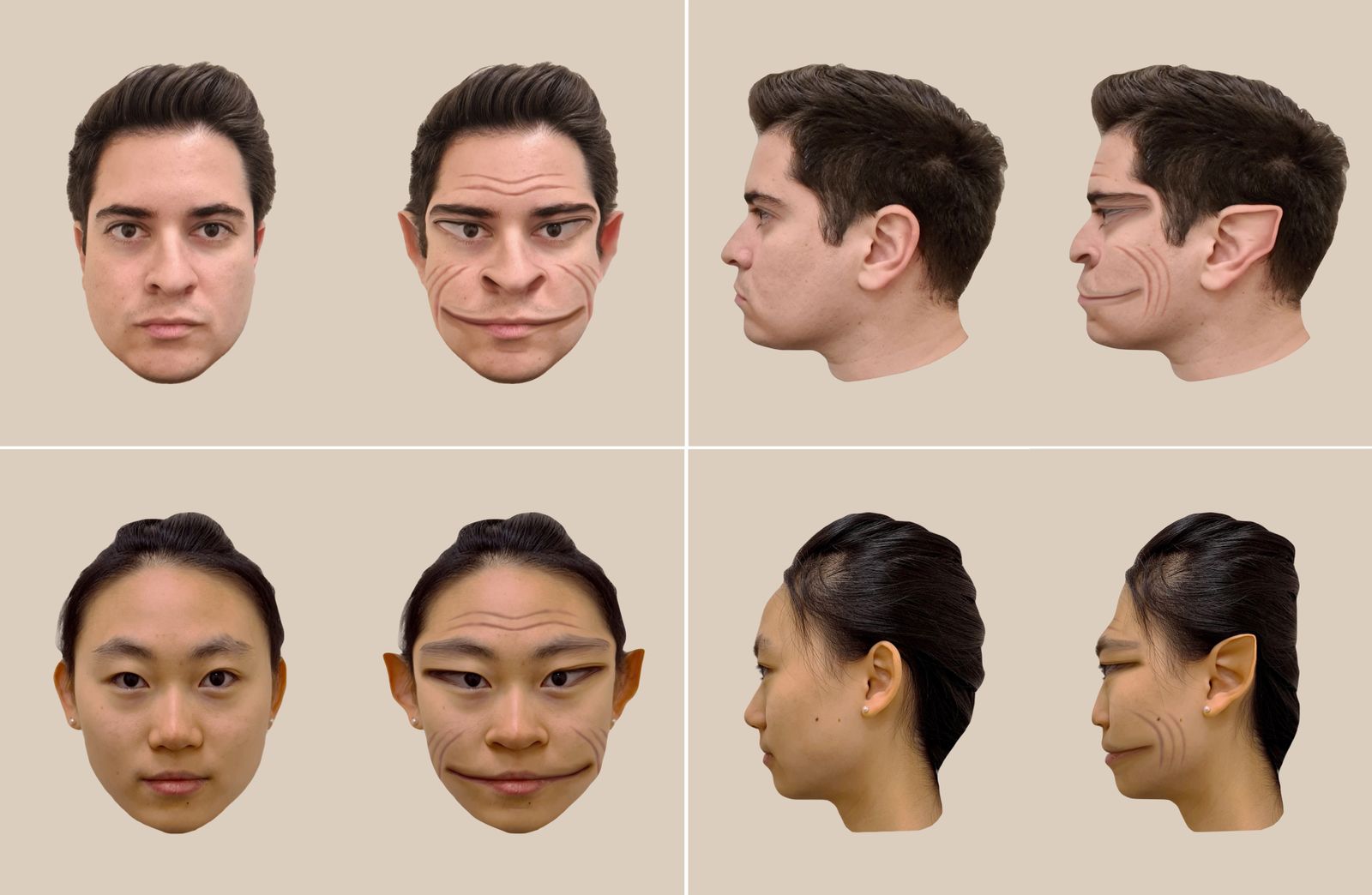One winter morning roughly three years ago, Victor Sharrah woke up and spotted his roommate walking to the bathroom. However, when Sharrah looked at his roommate’s face, he was startled to see that the man’s facial features had stretched to look like “something out of a Star Trek movie, like a demon face, the corners of his mouth and eyes were pulled back, his ears were pointy and he had deep grooves in his forehead.
Nothing had actually changed about his roommate’s face—but something had shifted drastically in the way Sharrah perceived it. He was, understandably, terrified. The same thing happened when he looked at other people’s faces, too.
Sharrah, who is now 59 and lives in Clarksville, Tennessee, was later diagnosed with prosopometamorphopsia, or PMO, an extremely rare neurological disorder that causes human faces to appear distorted. Fewer than 100 cases have been reported since 1904, and many doctors have never heard of it.
For many people, PMO symptoms disappear within a few days or weeks. But, for some, like Sharrah, they can persist for years.
It’s also not clear what causes PMO, though researchers suspect it results from issues in the parts of the brain that handle facial processing. Some patients have developed PMO after suffering a stroke, infection, tumor or some sort of head trauma, while others seem to develop the condition spontaneously, without any obvious explanation.



For a long time I didn’t realise naturally recognising faces was something normal people did, I assumed everyone saw faces how I do. I just thought I was really bad with names.
It was only after getting diagnosed with autism and finding out this is a common comorbidity that I realised I have it.